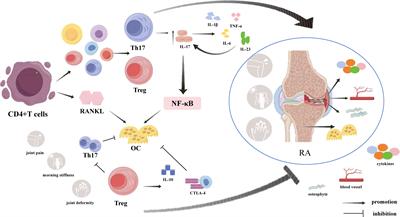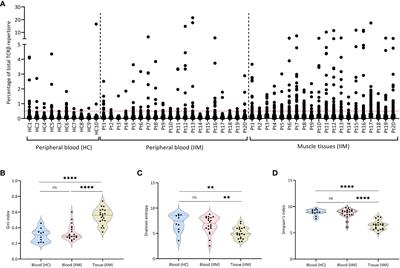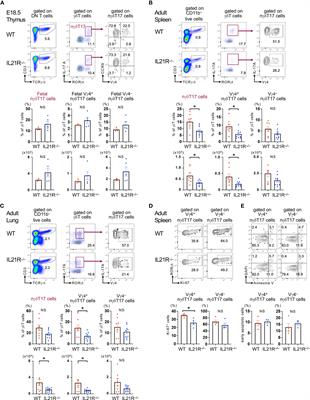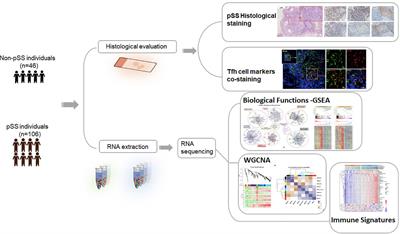EDITORIAL
Published on 03 Apr 2024
Editorial: Pathogenic roles of T cells in autoimmunity
doi 10.3389/fimmu.2024.1401459
- 696 views
5,909
Total downloads
17k
Total views and downloads
You will be redirected to our submission process.
EDITORIAL
Published on 03 Apr 2024
REVIEW
Published on 30 Jan 2024

ORIGINAL RESEARCH
Published on 10 Jan 2024

BRIEF RESEARCH REPORT
Published on 18 Aug 2023

ORIGINAL RESEARCH
Published on 10 Aug 2023

ORIGINAL RESEARCH
Published on 03 May 2023

